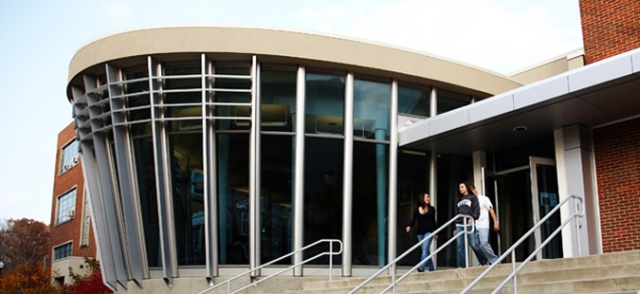Document Type
Article
Publication Date
1-1-2011
Publication Source
Journal of Plant Ecology
Abstract
Global surface temperature has increased markedly over the last 100 years. This increase has a variety of implications for human societies, and for ecological systems. One of the most obvious ways ecosystems are affected by global climate change is through alteration of organisms’ developmental timing (phenology). We used annual botanical surveys that documented the first flowering for an array of species from 1976 to 2003 to examine the potential implications of climate change for plant development. The overall trend for these species was a progressively earlier flowering time. The two earliest flowering taxa (Galanthus and Crocus) also exhibited the strongest shift in first flowering. We detected a significant trend in climate suggesting higher temperatures in winter and spring over the sampling interval and found a significant relationship between warming temperatures and first flowering time for some species. Although 60% of the species in our study flowered earlier over the sampling interval, the remaining species exhibited no statistically detectable change. This variation in response is ostensibly associated with among-species variation in the role of climate cues in plant development. Future work is needed to isolate specific climate cues, and to link plant phenology to the physiological processes that trigger plant development.
Inclusive pages
55-61
ISBN/ISSN
1752-9921
Document Version
Postprint
Copyright
Copyright © 2011, Springer
Publisher
Oxford University Press
Volume
212
Peer Reviewed
yes
Issue
1
Keywords
Climate change, Global warming, First flowering, Minimum temperature
eCommons Citation
McEwan, Ryan; Brecha, Robert J.; Geiger, Donald R.; and John, Grace P., "Flowering Phenology Change and Climate Warming in Southwestern Ohio" (2011). Biology Faculty Publications. 105.
https://ecommons.udayton.edu/bio_fac_pub/105




Comments
The document available for download is the authors' accepted manuscript, provided in compliance with publisher policies on self-archiving. Permission documentation is on file.
The version of record is available at http://dx.doi.org/10.1007/s11258-010-9801-2